3 Butter Substitutes That Are Lower in Fat
Butter is a beloved baking ingredient but often high in fat and calories, prompting many to seek healthier alternatives.
Low-fat butter substitutes can help reduce calorie intake while maintaining essential moisture and texture in baked goods.
Options like applesauce, mashed bananas, or Greek yogurt add moisture and softness with less fat.
Some commercial low-fat spreads are also formulated to work well in baking.
It’s important to understand how each substitute affects flavor and consistency to achieve the best results.
These alternatives allow for healthier treats without sacrificing the delightful texture you expect.
With a little experimentation, low-fat butter substitutes can become kitchen favorites for guilt-free baking.
Light and Flavorful Low-Fat Butter Options
Tender crumb and flavor are preserved with low-fat butter options, some introducing a fresh or slightly tangy twist. Lightness doesn’t mean losing indulgence. Numerous alternatives could inspire new recipes.
Olive Oil
Olive oil serves as an excellent butter substitute for stovetop cooking, though using slightly less is recommended due to its different properties.
Many baked goods like pancakes work well with olive oil instead of butter, making it a versatile alternative in the kitchen.
The key difference comes down to state changes, as numerous baked treats require fat that can solidify when cooled, which olive oil cannot do.
Olive oil contains predominantly monounsaturated fat, offering potential health advantages that butter's saturated fat doesn't provide.
These health benefits include lowering cholesterol levels and helping regulate blood sugar, giving you more reasons to consider this flavorful swap in your cooking.
Yogurt
Greek yogurt stands out as a fantastic butter substitute in cooking thanks to its thick, creamy texture that mimics fat perfectly.
For best results, replace only half the butter in your recipe with yogurt and use oil for the remaining portion.
This simple swap significantly boosts your meal's protein content, with just 3/4 cup offering an impressive 15 grams of nutritional goodness.
Whether this substitution benefits your overall health depends on the specific yogurt type and your personal dietary needs.
Beyond protein, yogurt delivers calcium, vitamins, and beneficial probiotics that support gut health, protect bones and teeth, and help prevent digestive issues.
Ghee
Ghee, a clarified butter with a nutty and fragrant flavor, stands out as an excellent 1:1 substitute for butter in many baked goods.
This golden liquid particularly shines when used in bread and cookies baked at high temperatures and served warm, enhancing their buttery essence.
Since ghee contains more moisture than regular butter, small adjustments to liquid and flour proportions in recipes may be necessary for perfect results.
Throughout history, people have valued ghee for both medical and culinary purposes, making it an ideal option for those with milk allergies or lactose intolerance due to its minimal casein and lactose content.
Is the Cooking Method (e.g., Roasting vs. Frying) Affected by Butter Alternatives?
Yes, the cooking method can be influenced by the type of butter alternative you use. Butter alternatives like plant-based margarines or oils often have different smoke points and moisture content compared to dairy butter, which affects how they behave under heat.
For roasting, oils with higher smoke points (such as avocado or refined coconut oil) are better suited to prevent burning and achieve crispy textures.
When frying, the fat’s stability is crucial - some butter substitutes may break down faster, impacting flavor and texture. Adjusting cooking temperature and time may be necessary depending on the butter alternative to ensure optimal results.
Are Cultured Vegan Butters Closer in Flavor to Real Butter Than Simple Oil Mixes?
Cultured vegan butters are generally closer in flavor and texture to real butter than simple oil blends because they undergo fermentation processes that develop buttery, tangy notes.
These cultured products often include ingredients like cultured coconut cream or plant-based milks, which mimic the complexity and richness of dairy butter.
Simple oil mixes, while useful for cooking, usually lack the depth of flavor and mouthfeel that cultured vegan butters provide. For recipes where butter’s flavor is central - like baking or finishing sauces - cultured vegan butters are typically the better choice.

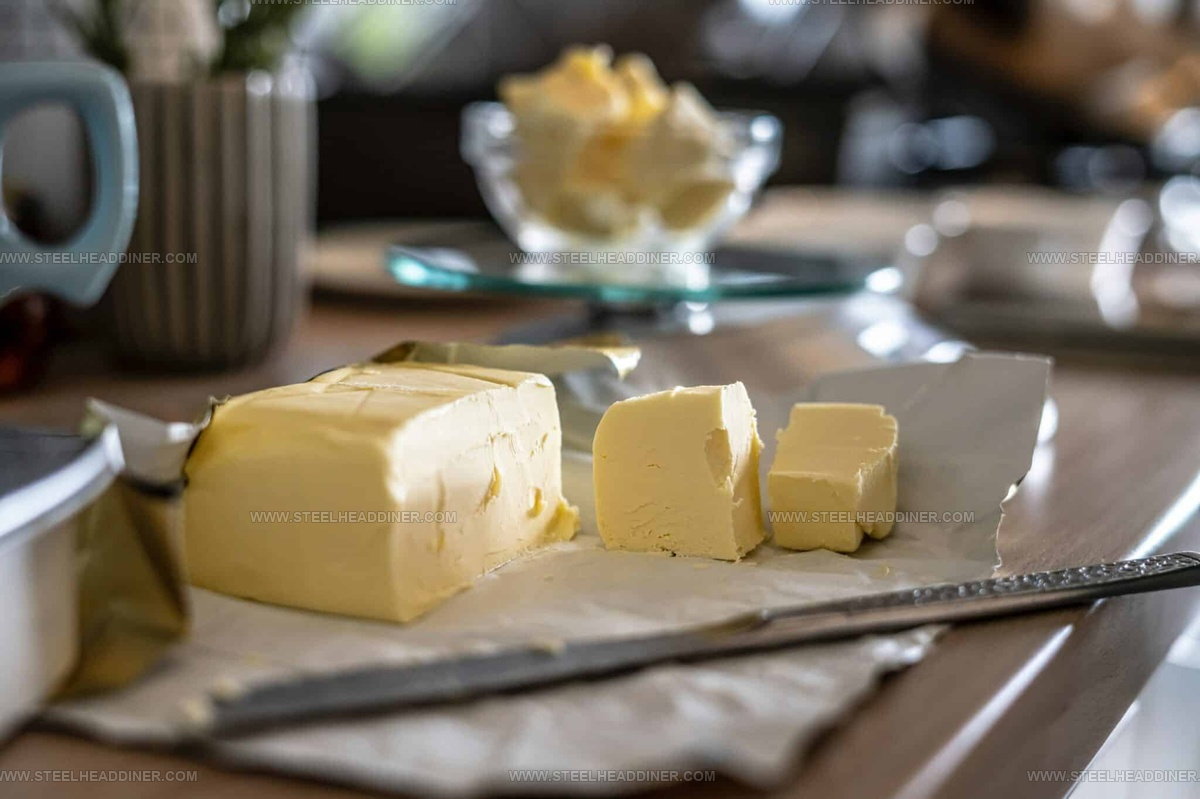
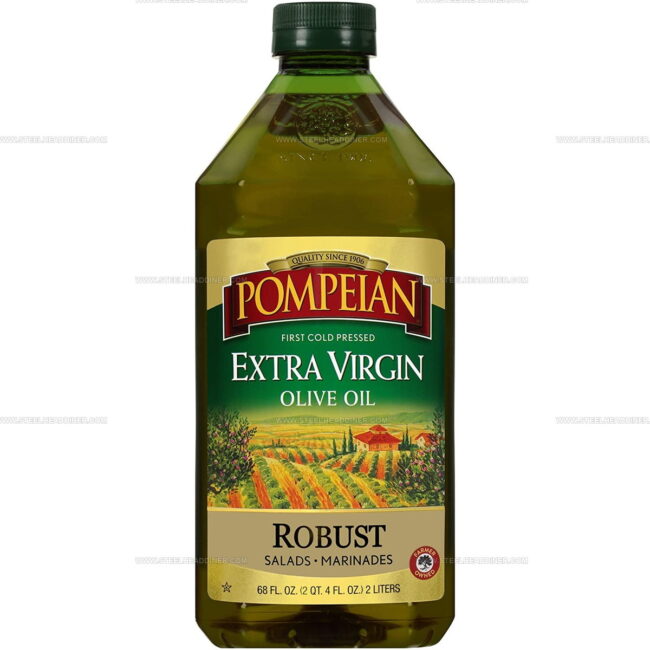
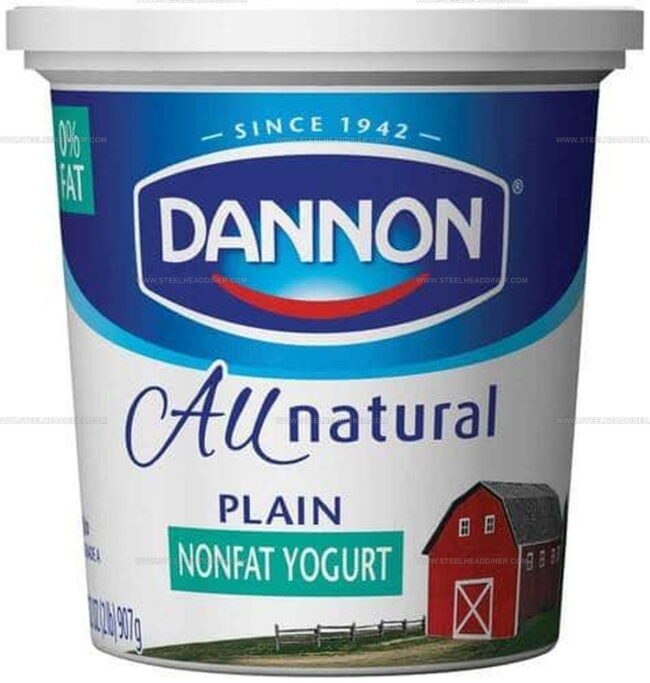
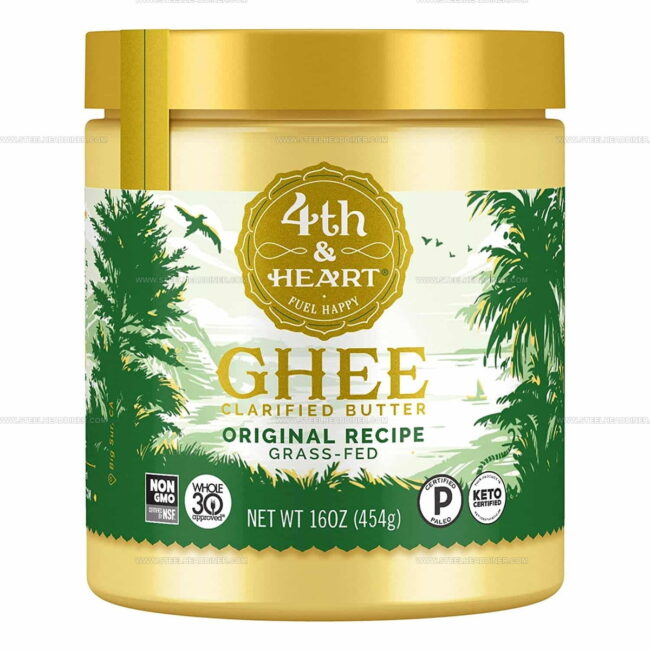
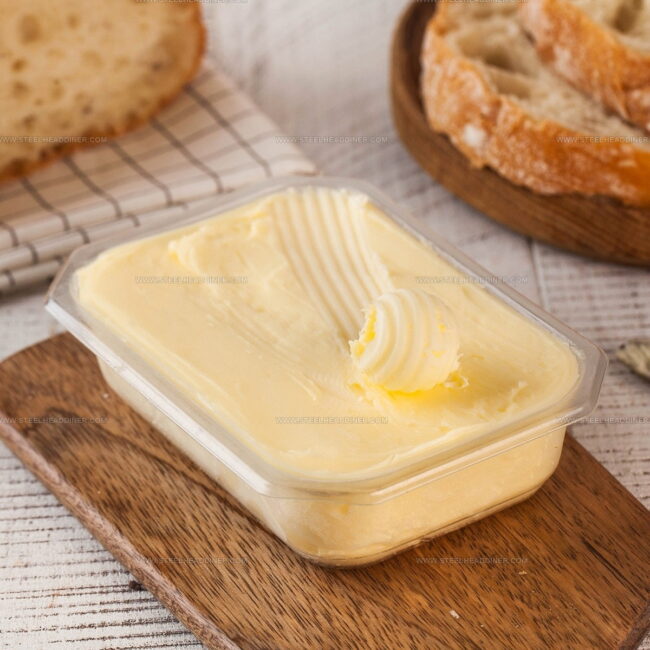
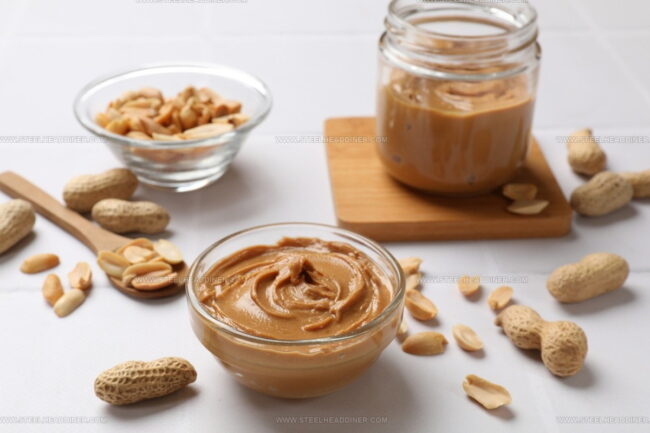
Maya Thompson
Culinary Content Creator & Nutrition Enthusiast
Expertise
Healthy single-serving recipes, Meal prepping for individuals, Integrating nutrition into everyday cooking, Vegetarian and plant-based cuisine
Education
The Chef’s Academy at Harrison College
Associate of Applied Science in Culinary Arts
Focus: Nutrition, meal planning, and culinary techniques for healthy living.
Maya found her passion in the kitchen by mixing good food with good energy. After earning her culinary degree at The Chef’s Academy at Harrison College, she made it her mission to keep cooking simple, wholesome, and packed with flavor.
At Steelhead Diner, Maya shares easy, healthy recipes built for real life. For Maya, great food seems like a celebration of everyday moments, made better one fresh bite at a time.